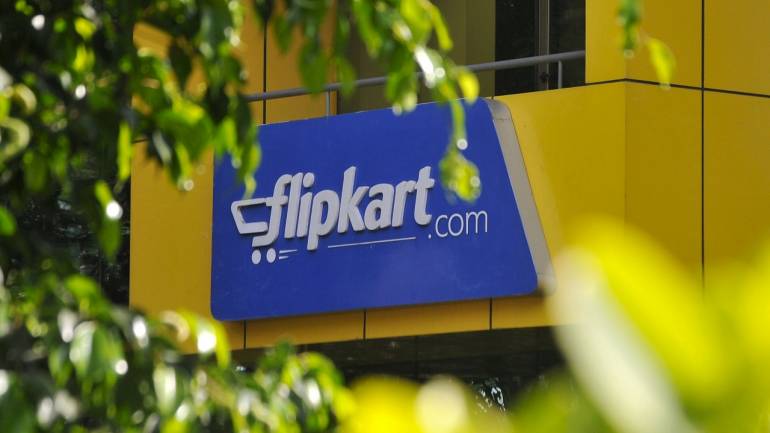The revenue department’s rationale was that Flipkart enjoyed a significant market valuation on account of its intangible assets despite its losses incurred
Flipkart has opposed the Income Tax department’s imposition of a Rs 110 crore tax for FY 2015-2016.
A report in The Economic Times stated that the tax was imposed based on the reclassification of the discounts and marketing costs that Flipkart gave on its products. This reclassification was from that of a revenue expenditure to a capital expenditure.
The report further states that the case is important as it could decide the future taxation of other consumer internet startups.
The revenue department’s rationale was that Flipkart enjoyed a significant market valuation on account of its intangible assets despite its losses incurred.
related news
-
Karnataka Elections 2018: Has BJP dropped its star campaigner Yogi Adityanath after Gorakhpur bypoll defeat?
-
Commonwealth Games 2018 Day 8 Live: Ponnappa, Reddy enter Badminton Doubles QF, Indian women face Aussies in Hockey semis shortly
-
JioMoney partners with Sodexo to enable digital transactions across retail stores, restaurants
Senior advocate Percy Pardiwala made the argument in front of the Income Tax Appellate Tribunal that there are no stipulations in the IT act that call for a product to be sold at a particular price and that any revenue not earned by the virtue of giving discounts cannot be taxed.
If Flipkart categorises these expenses as a capital expenditure, the company would be at a profit of Rs 408 crore for the financial year 2015-16, which could be taxed at Rs 110 crore, as opposed to the Rs 796 crore loss Flipkart reported for that period.
The report says that Flipkart current post-money valuation is at USD 14.2 billion. The tribunal is yet pronounce its judgement on the case.